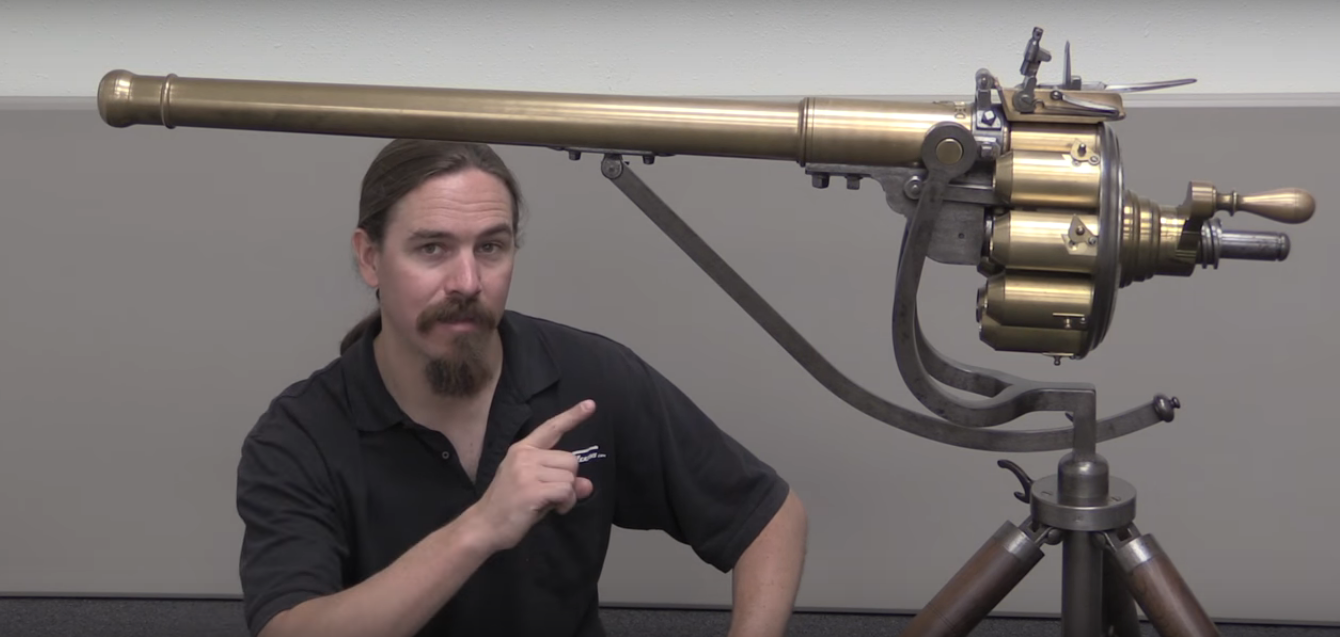multivita-man
Platinum Member
- Aug 10, 2022
- 4,998
- 2,511
- 938
Not according SCOTUS.
Not the entire SCOTUS; it was a 5-4 decision, and the majority got it wrong. They made up their own history of the 2nd Amendment.
Having said that how would you propose to take our guns?
I never said I necessarily wanted anyone to take away your guns - at least not all of them.




